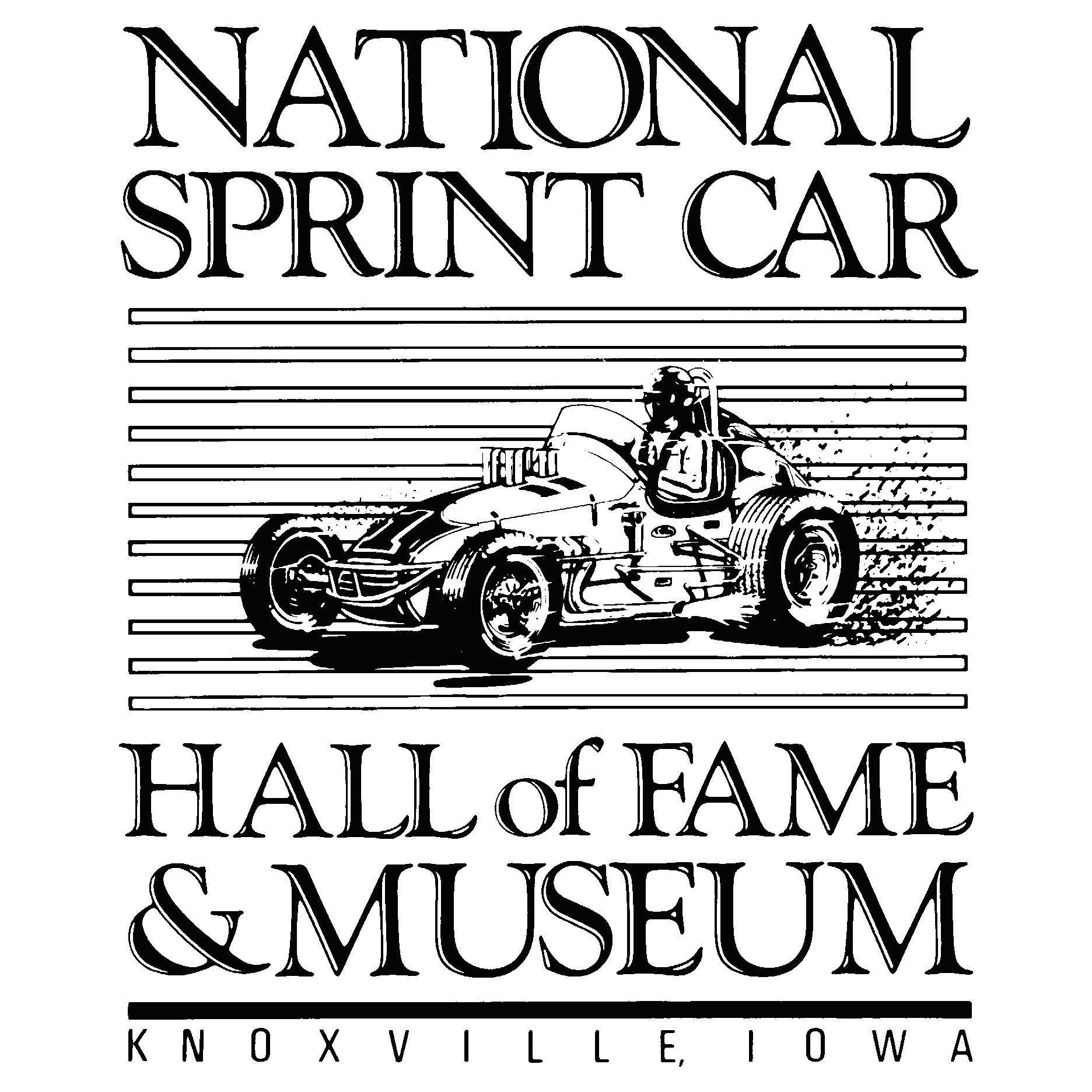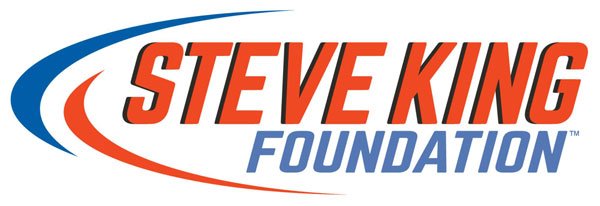Disqualifying winning teams was just the cherry on top of NASCAR's news
Photo by Brian Lawdermilk/Getty Images
CONCORD, N.C.—Now that NASCAR has put the hammer down on competitors pushing the envelope with the rule book, what’s next for the sport?
The threat of disqualifying teams for breaking the rules topped the news coming out of the Research and Development Center on Monday, but there was more to the sanctioning body’s message.
Personnel changes, new procedures and programs--not to mention the Generation 7 car--were some of the highlights.
NASCAR expects to roll out a new car for the 2021 Daytona 500. The car will be more reflective of the showroom models in terms of brand identity. This initiative comes not only with an eye on improving competition but also with the potential of attracting new manufacturers to the sport. A new engine package would be implemented the following year due to current contractual agreements with existing OEMs.
“There is a great deal of interest from our current and potential manufacturer partners to make the cars look even more like they do on the street,” said NASCAR executive vice president of competition and racing development Steve O’Donnell. “This will be an exciting progression in our racing technology that began with the introduction of the 2019 rules package.”
DQing cars that fail post-race inspection wasn’t the only change to NASCAR’s officiating process. On traditional weekends, should a car fail tech twice prior to qualifying, the team will lose 15-minutes of final practice and a crew member will be ejected. If the car fails twice prior to the race, the team will lose 15-minutes of first practice the following week, a crew member will be ejected and the driver will have to drop to the rear of the field.
A third failure prior to qualifying will hold the same penalty as a two-time failure, along with an additional loss of 15-minutes of practice and the driver will lose his ability to qualify for that race. Failing inspection four times prior to the race will include an additional 15-minute loss of practice and a pass-through penalty at the start of the race. A fourth failure of pre-race qualifying carries the above sanctions plus an L1 penalty.
During enhanced event weekends, should a car fail once, the driver’s qualifying time will be disallowed and he/she will be forced to start at the rear. A second failure will result in the loss of a crew member. For a third offense, the driver will have to serve a pass-through, and an L1 penalty will be assessed. NASCAR will now have dedicated officials assigned for each national tour.
On short tracks and intermediate tracks, the first round of group qualifying will shrink from 15 to 10 minutes and the breaks in-between will now be five minutes.
While NASCAR introduced Jay Fabian as the new Managing Director for the Monster Energy NASCAR Cup Series last month, there will also be assistant directors for each series in 2019 to handle each tour’s logistics. Kip Childress will work alongside Fabian in Cup. Seth Kramlich will report to Xfinity Series director Wayne Auton and Jesse Dollevoet will assist Gander Outdoors Truck Series director Brad Moran.
Former driver turned truck series general manager Ben Kennedy was promoted to managing director of racing operations and international development. Kennedy will focus on programs geared at building the sport in the U.S. and abroad. "The goal is to expand on what we've created here in the United States," said Kennedy, who added that the Czech Republic has been added to the nine dates scheduled for the NASCAR Euro tour. Clearly, the 27-year-old grandson of Bill France Jr., is on NASCAR’s fast track.
Along with the 2019 Dash 4 Cash program in the Xfinity Series, the Gander Outdoors Truck Series will roll out the “Triple Truck Challenge” with $500,000 incentive available to a Truck Series regular who can win all three consecutive races featured in the bonus program. The Triple Truck Challenge kicks off at Texas on June 7, followed by Iowa on June 15 and concludes with Gateway Motorsports Park on June 22.
The winning driver of one race in the TTC will receive a $50,000 bonus. If a drivers wins two races, he or she will receive $50,000 for each victory plus a $50,000 bonus. Should a driver win all three races, he or she will receive $300,000 along with $50,000 per each victory and a $50,000 bonus for each race. Only drivers earning Truck Series points are eligible to participate in the Triple Truck Challenge races.

.png)





